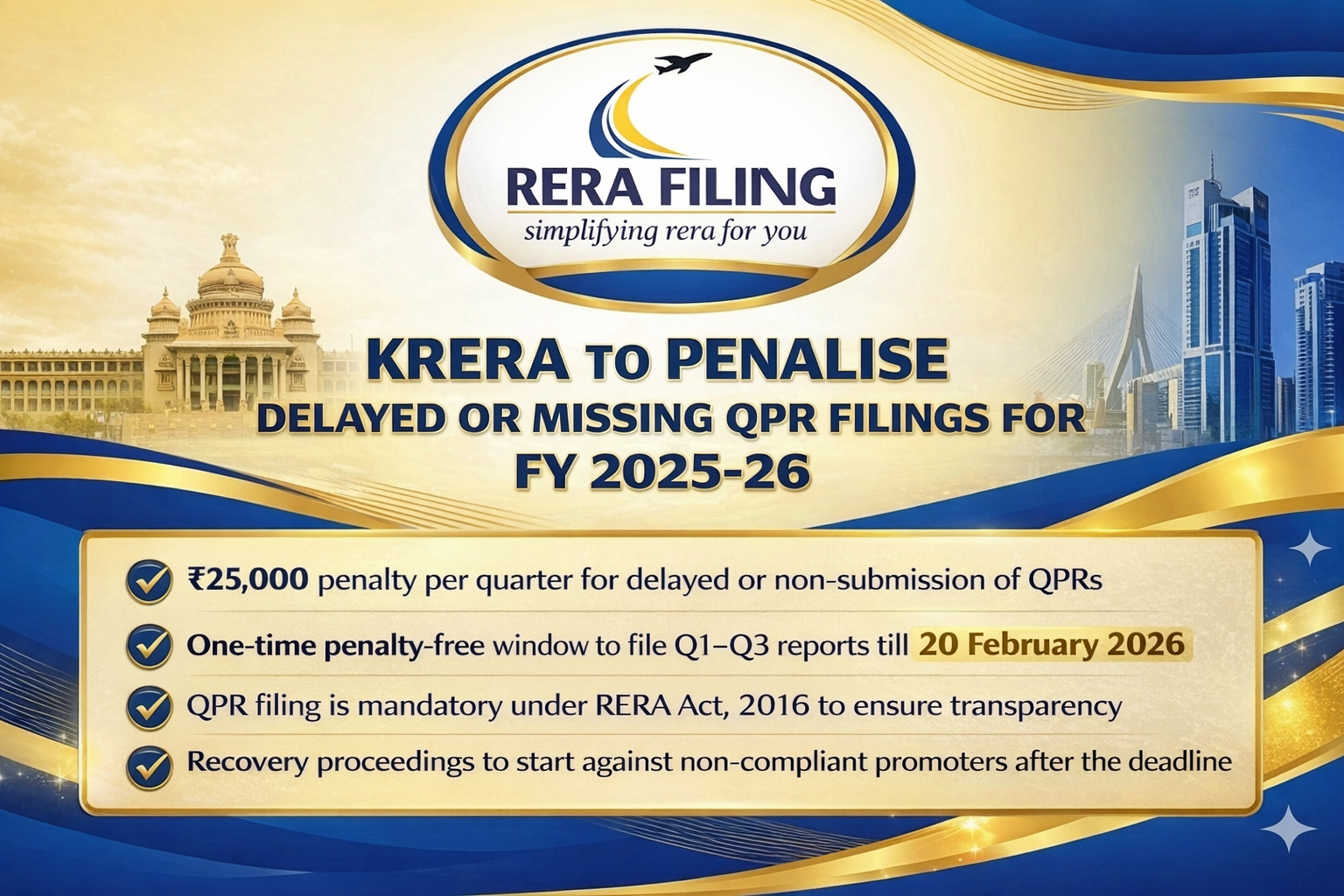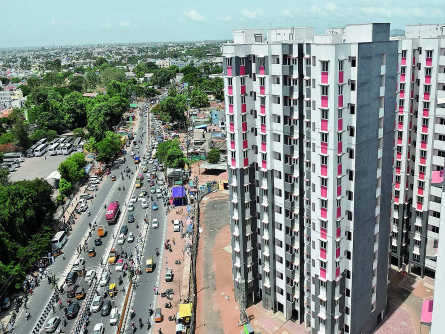
- General
- Wednesday 5th February 2025
- Author: Riya Kapoor
Highlights
-
Increased income tax exemptions and raised TDS limits on rent providing more disposable income and simplifying rental transactions boosting demand for residential properties
-
Introduction of a ?1 lakh crore Urban Challenge Fund to enhance urban infrastructure, improving connectivity and making cities more attractive for residential and commercial development.
The Union Budget for 2025-26, presented on February 1, 2025, introduced several measures aimed at stimulating the Indian real estate sector and enhancing homeownership accessibility. Key highlights include:
1. Tax Reforms and Relief for Buyers and Developers
- Income Tax Changes: The budget increased the income tax exemption limit to ?12 lakh for the new tax regime, which will boost disposable income, especially for the middle class. This could lead to increased demand for residential properties as more people may afford to buy homes or invest in real estate.
- TDS (Tax Deducted at Source) Threshold: The TDS limit on rental income was raised from ?2.4 lakh to ?6 lakh. This simplifies tax processes for landlords and tenants and can encourage more rental transactions. The change will be particularly beneficial for residential landlords with smaller properties, making the rental market more active.
- Affordable Housing: The government has continued its focus on affordable housing with tax breaks and incentives for developers in this segment. This is expected to stimulate the construction of homes in the lower-income category and align with the Pradhan Mantri Awas Yojana (PMAY) objectives. First-time homebuyers can also benefit from interest rate subsidies and tax benefits.
2. Infrastructure Investments
- Urban Infrastructure Fund: The ?1 lakh crore Urban Challenge Fund aims to enhance urban infrastructure, including public transport systems, roads, and utilities. This infrastructure boost will make certain urban areas more attractive for both residential and commercial investments. Cities with improved infrastructure tend to see a rise in property demand, which benefits developers and investors.
- Smart City Projects: The focus on smart cities under the budget will create better urban spaces with advanced technologies for living and working. This will drive demand for modern homes and commercial spaces, particularly in emerging cities or urban hubs.
3. Focus on Sustainability and Green Building
- The budget emphasizes eco-friendly construction and sustainable housing, with developers encouraged to adopt green building practices. Tax incentives for using renewable energy and water-saving technologies will make green buildings more attractive to investors and homebuyers. As sustainability becomes a greater priority, there could be an uptick in demand for environmentally conscious properties.
4. Promotion of Real Estate Investment Trusts (REITs)
- The government has proposed reforms to enhance the Real Estate Investment Trusts (REITs) sector, making it more attractive for both domestic and international investors. This could help in channeling investments into commercial properties and the creation of Grade-A office spaces, driving growth in the commercial real estate market.
5. Increased Focus on Tier-2 and Tier-3 Cities
- The budget’s emphasis on smart city projects and infrastructure development will likely drive growth in smaller cities (Tier-2 and Tier-3). As these cities become more connected and develop better infrastructure, demand for residential and commercial properties in these regions will rise. This could help ease the pressure on over-saturated metro markets, offering more affordable housing options and opportunities for developers.
6. Affordable Housing and Financing Support
- The PMAY (Pradhan Mantri Awas Yojana) continues to receive strong support, with subsidies and tax breaks being extended. This will make homeownership more accessible to lower-income and middle-income groups. Additionally, interest subvention schemes for first-time homebuyers will support demand for affordable homes, especially in suburban areas.
- Housing for All: The focus on providing homes for all citizens, particularly in rural and semi-urban areas, will provide a steady demand for affordable housing, and developers are likely to shift focus towards this market to take advantage of incentives.
7. Commercial Real Estate Growth
- The government’s plans for urbanization and infrastructure upgrades are likely to benefit commercial real estate. Office spaces, especially those designed to be flexible and tech-friendly, could see increased demand from companies and startups. Developers may focus on building business parks, office buildings, and co-working spaces in cities that are experiencing infrastructure upgrades.
- Additionally, with improved public infrastructure, logistics and warehousing will likely expand, benefiting the commercial segment further.
8. Improvement in Real Estate Transparency
- The budget introduces measures to improve real estate transaction transparency, which will make the market more investor-friendly. Blockchain and artificial intelligence technologies are expected to streamline property registrations, making the buying and selling process more efficient, transparent, and secure.
Conclusion
The Union Budget 2025 has a mix of measures that are likely to stimulate demand, boost infrastructure development, and attract investment in the Indian real estate sector. The focus on affordable housing, tax relief for both buyers and developers, sustainability in construction, and improved urban infrastructure is expected to drive growth in both residential and commercial markets. As the sector continues to benefit from these policies, real estate is poised to remain a critical asset class in India’s economic growth story.
Copyright © 2026 RERA Filing. All rights reserved.

 Rera Act
Rera Act
 Maharashtra
Maharashtra
 Karnataka
Karnataka
 Telangana
Telangana
 Andhra Pradesh
Andhra Pradesh
 Delhi
Delhi
 Uttar Pradesh
Uttar Pradesh
 Haryana
Haryana
 Gujarat
Gujarat
 Bihar
Bihar









